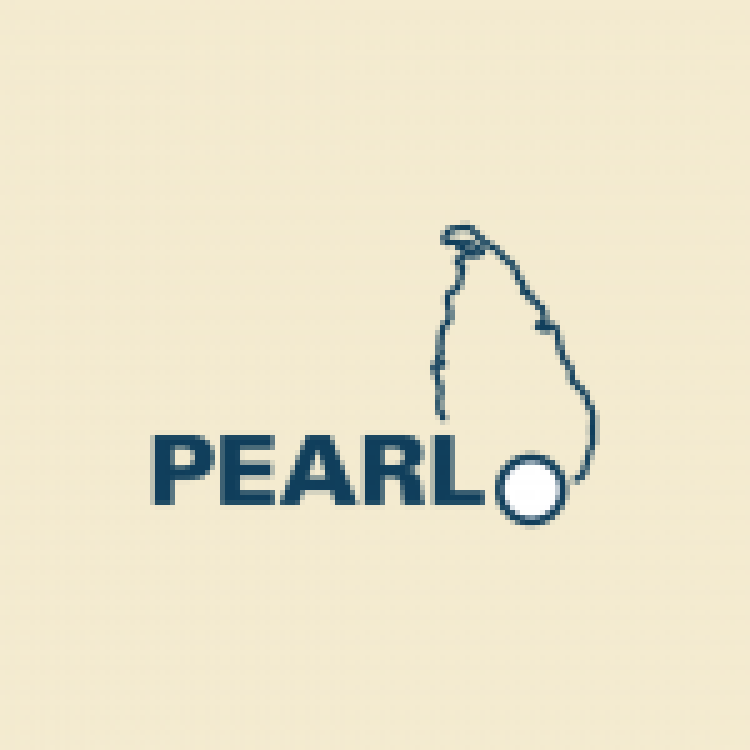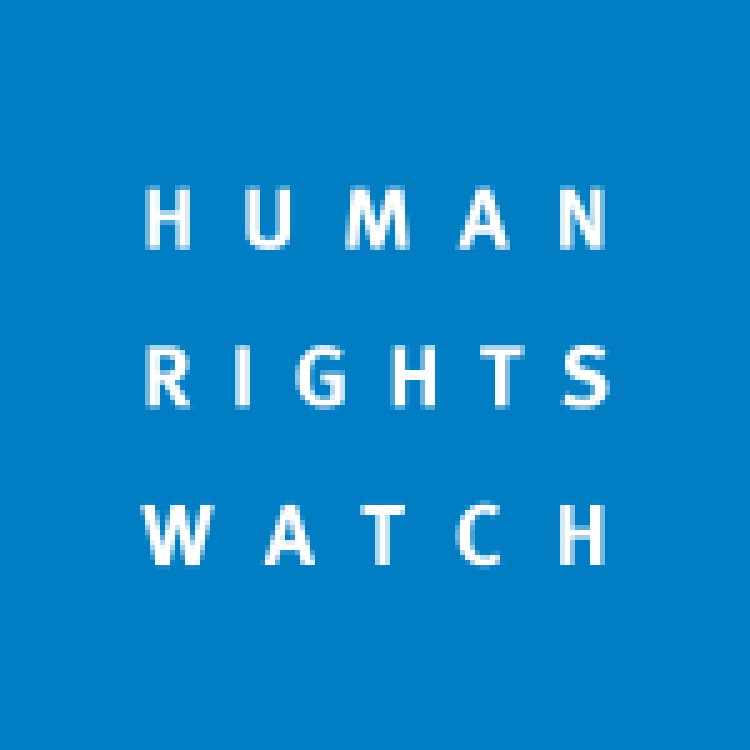<p>The Alliance of Independent Professionals (AIP) said that restrictive journalism and ethnic discrimination are among the key concerns in Sri Lanka’s response to the Covid-19 outbreak.</p>
<p>In their analysis of Sri Lanka’s response to the pandemic, the AIP stated that the Sri Lankan media “plays a subservient role at present, restricting their journalism to the verbatim reproduction of government messages and communiques, avoiding any investigative journalism for fear of military and intelligence services.”</p>
<p>“Due to the curfew, the public have become a captive audience of the media channels, which promote the military and government in its messaging,” they added.</p>
<p>AIP also highlighted examples of discrimination and harassment targeted at ethnic minorities:</p>
<p>“People in Jaffna are required to obtain passes from the military while people in other parts of the country are required to obtain the same from police, who use their discretion in granting passes. Tamils and Muslims are routinely denied curfew passes.”</p>
<p>Earlier this week, the Sri Lankan government made cremations compulsory for all coronavirus victims, disregarding advice from the World Health Organisation (WHO) and going against Islamic tradition. The AIP called this to be a "further assault on the Muslim community."</p>
<p>Read the AIP’s full statement <a href="https://mailchi.mp/4f976156f5b7/update-on-sri-lankas-covid-19-response-…">here</a>.</p>
<p> </p>
We need your support. Every contribution counts.
Sri Lanka is one of the most dangerous places in the world to be a journalist. Tamil journalists are particularly at threat, with at least 41 media workers known to have been killed by the Sri Lankan state or its paramilitaries during and after the armed conflict.
Despite the risks, our team on the ground remain committed to providing detailed and accurate reporting of developments in the Tamil homeland, across the island and around the world, as well as providing expert analysis and insight from the Tamil point of view
We need your support in keeping our journalism going. Support our work today.


